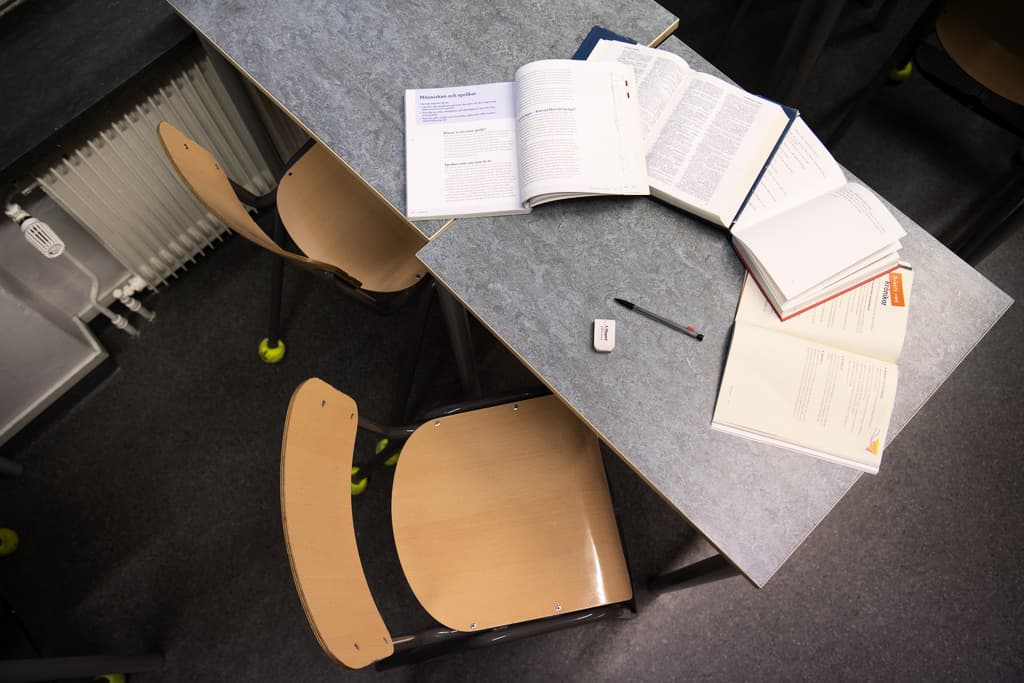The number of municipalities distributing money to schools based on students' socio-economic background is increasing, according to a report from the Swedish Association of Local Authorities and Regions (SALAR), reports SR Ekot.
The municipalities are making a distribution so that you can control where the money is needed most and where more resources are needed, says Monica Sonde, head of the department for education, social services and labor market at SALAR, to the radio.
The purpose of taking into account factors such as the proportion of students with a foreign background when distributing money to different schools is to increase equality. This year, 74 percent of the municipalities took such factors into account, an increase of 17 percentage points from 2018.
It's probably partly a response to the increased segregation in society, but also a response to the fact that models have been found that are spreading to different municipalities, says Sonde.
The possibility of adapting the distribution in this way may be complicated if the state's control over school funding increases, according to SALAR, which has previously directed criticism against an investigation set up by the government to propose a national school funding reform.






